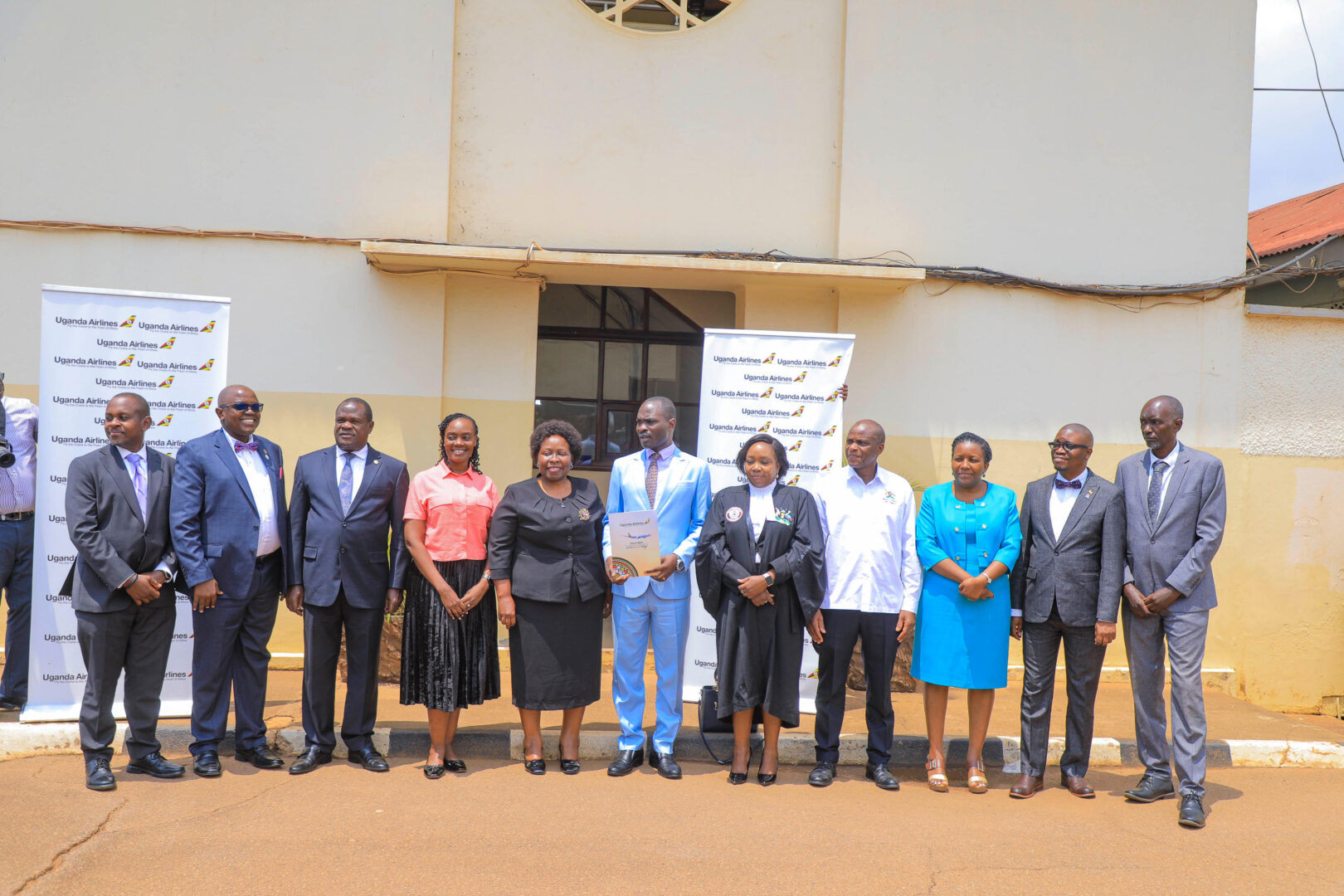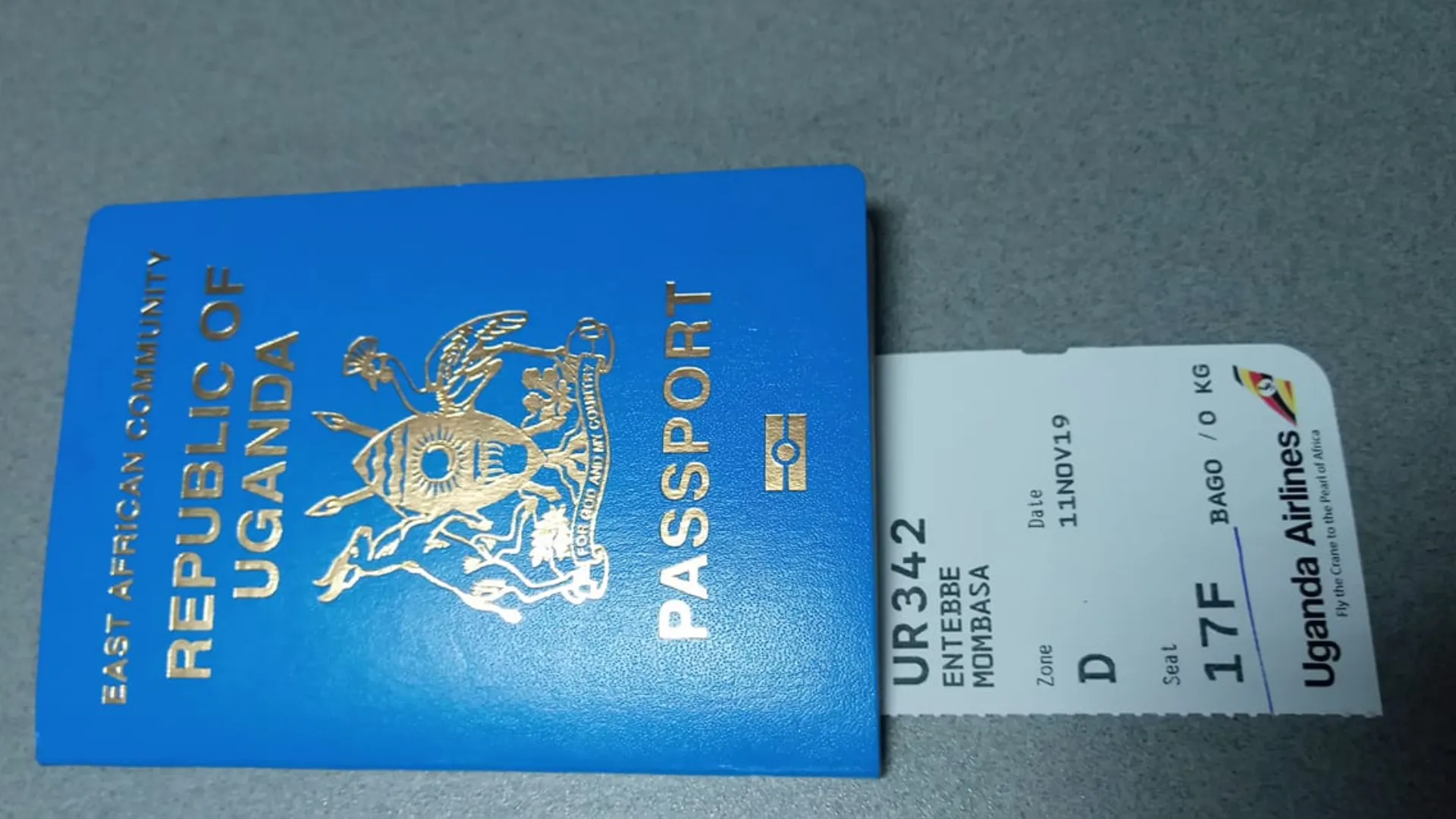KAMPALA, Uganda — A confidential special audit has revealed that two travel agencies with direct ties to a senior Uganda Airlines executive sold more than 13,000 of the national carrier’s cheapest tickets, monopolizing over 92% of discounted sales worth Shs 9.8 billion ($2.6 million) in just three years.
The Auditor General Special Audit Report on Revenue Management and Aviation Fuel Management for FY 2021/22 to 2023/24 identifies Mrs. Doreen Nambatya Mulindwa, Uganda Airlines’ Fares and Distribution Executive, at the center of the scandal.
Auditors discovered that Nambatya, who is responsible for fare allocation, inventory control, and agency portals, is married to Mr. Stanley Mulindwa Matembe, the owner of Nyanza Tours & Travel. Before joining the airline in 2019, she had also worked at the agency.
Despite this clear personal and professional link, the audit states, “Mrs. Nambatya did not disclose the relationship as required under UNACL’s Conflict of Interest Policy.”
The special report, seen by Vivid Voice News, adds, “The failure to declare such a material conflict undermines transparency and creates the potential for preferential treatment.”
Unprecedented market share
The report’s data analysis shows how Nyanza Tours & Travel and its affiliate, Nyanza Tours and Tours 2, virtually monopolized the airline’s lowest fare categories.
Nyanza Tours & Travel issued 7,393 tickets, controlling 57.9% of X-Class (deeply discounted economy) and 30.86% of Q-Class (discounted economy) tickets. Its affiliate, Nyanza Tours and Tours 2, issued 5,606 tickets, controlling 34.39% of X-Class and 41.28% of Q-Class.
Combined, these family-linked agencies sold an astonishing 92.3% of all X-Class and 72.1% of all Q-Class tickets. In contrast, all other accredited agents combined were left to share less than 8% and under 28% of those same discounted tickets.
Auditors concluded: “Analysis of ticket sales data revealed a disproportionate allocation of discounted fares to Nyanza Tours & Travel and its affiliate, raising significant concerns about fairness, transparency and accountability in fare distribution.”
The audit estimates the two agencies generated Shs 9.8 billion from discounted ticket sales over the three fiscal years, earning more from discounted tickets in several years than all other travel agents combined.
Management’s defense
In its statement to the Auditor General, Uganda Airlines management defended the process, claiming that “discounted tickets are sold transparently through global distribution systems (GDS), which display fares to all agents.”
The airline further argued that Nyanza’s dominance “reflected its customer base of price-sensitive traders and transporters.”
Also Read: $9.2 million vanishes at Uganda Airlines: Who is accountable?
However, management did concede to gaps in disclosure rules and committed to introducing annual conflict-of-interest declarations for all staff in sensitive positions.
The Auditor has since advised Uganda Airlines to enforce these annual declarations and to establish a monitoring mechanism to regularly review agent-level sales patterns and flag anomalies.

For auditors, the issue goes beyond ticketing: “The failure to enforce conflict-of-interest policies and monitor fare allocations exposes the airline to reputational damage, financial leakage and undermines public trust.”
The revelations are the latest in a string of financial and governance concerns for the national carrier, which has also faced allegations of irregularities in aircraft procurement and fuel supply contracts.
For Uganda’s flag carrier—relaunched in 2019 as a symbol of national pride—these audit findings strike at the core of its governance.
As one aviation analyst observed, “When one family-linked agency is allowed to corner 92% of the cheapest tickets, it stops being a competition. It becomes capture.”
While the Auditor General has called for corrective measures, including disciplinary action for non-disclosure, no action has been taken so far.

